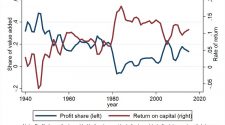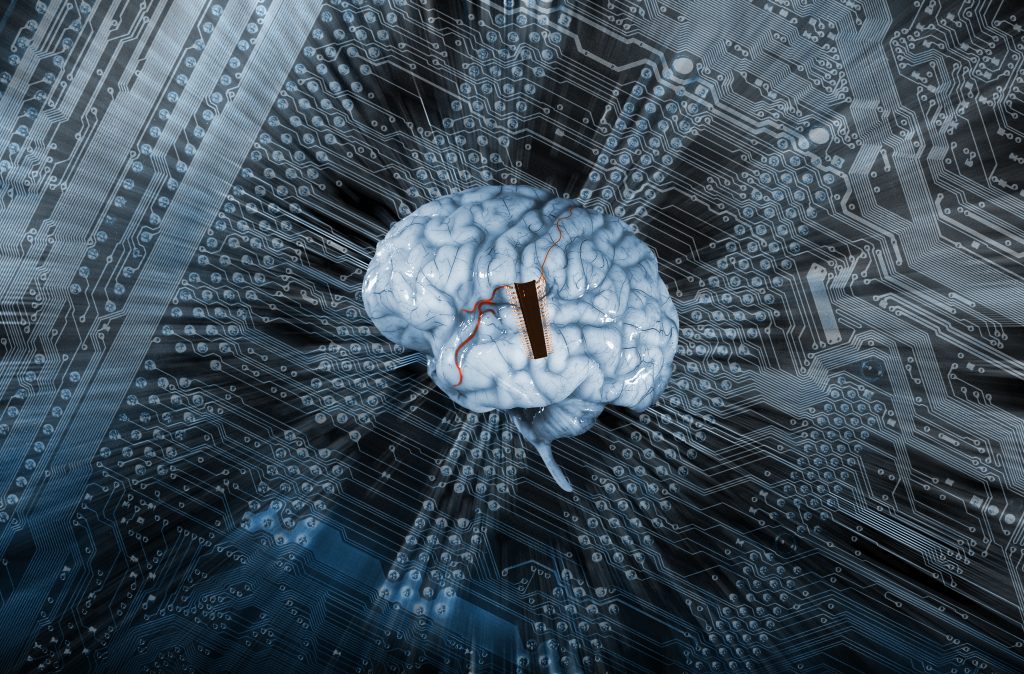Artificial Intelligence Technology Acceptance Not Unanimous
Artificial intelligence technology is creeping into the workplace and that includes your 401k plan. is designed, invested and managed. Retirement plan fiduciaries are being forced to become comfortable with artificial intelligence technology increasingly impacting plan design, investment management and the communication of employee benefits.
While retirement plan providers and employers use artificial intelligence technology to mine the retirement plan data for the benefit of the plan participants – not everyone is on board. Despite the value of the output generated via artificial intelligence technology, according to a recent study from KPMG, cited in HRDive, only slightly less than half (47%) of human resources leaders think the technology will create more jobs than it will replace!
As growing numbers of jobs are automated, workers will require higher skill-levels to work on Artificial Intelligence technology-related tasks. Employers will need to hire or train people to prepare for that, according to HRDive. However, the KPMG study found, just 42% of technology company CEOs plan to upskill the majority of their employees in the next three years. Thus, indicating that the assumed value of artificial intelligence technology may depend on which cohort you ask. Generational differences seem to impact whether or not tech leaders view artificial intelligence technology as job-creating or job-eliminating. Around 65% of millennials and 88% of Gen X tech leaders KPMG surveyed said they believed artificial intelligence technology. Again, it depends upon who you ask!
Workers seem relatively complacent concerning the threat that artificial intelligence technology could take their jobs. Just 12% of workers recently surveyed by Robert Half expressed fear that artificial intelligence technology would eliminate their roles at work, according to a study cited by HRDive. In fact, 40% said they believed technology would positively impact their jobs, and nearly half didn’t think it would have any effect at all. Once again, it depends upon who you ask!
There’s good news for employers: much of today’s workforce seems ready and willing to embrace artificial intelligence technology. Many are amenable to doing training or upskilling in areas like artificial intelligence technology and digital technology. A full 74% of workers said they view automation as a career opportunity, according to a 2018 Randstad Workmonitor survey, as also cited in HRDive. As such, employers must make it a priority to honor and fulfill workers’ requests to acquire additional training and skills. However, training and upskilling may not be enough in some cases. Lesser skilled workers in some occupations could, in fact, lose their jobs to artificial intelligence technology and other advancements.
According to KPMG, a global network of independent member firms offering tax, audit and advisory services, a key challenge for business leaders going forward will be “successfully integrating human labor with artificial intelligence AI (artificial intelligence).”
KPMG recommended that HR executives and tech CEOs:
- reshape HR’s value to their organization, use tools to enhance the transformational technologies like AI and data analytics;
- train employees and refine their roles for the workforce;
- appreciate employees as ‘customers’ in a workplace that’s ‘increasingly global, digital and agile’; and
- become comfortable with new technologies.
Unquestionably, artificial intelligence technology is changing the employment landscape. However, while it may eliminate some jobs, it will likely also create many jobs in the future. As such, employers and employees must be ready to evolve as we shift to become an ever-more technologically advanced society. Technology such as self-driving vehicles, cryptocurrencies and blockchain will likely change the way we work and do business.
A key challenge for business leaders will be “successfully integrating human labor with AI,” KPMG said in a news release. The company recommended that HR leaders and CEOs in tech: 1) reshape HR’s value to their organization, use tools to enhance the transformational technologies like AI and data analytics; 2) train employees and refine their roles for the workforce; 3) appreciate employees as “customers” in a workplace that’s “increasingly global, digital and agile”; and 4) become comfortable with new technologies.
Artificial intelligence technology is here to stay and will remain a tool to be used by 401k plan fiduciaries. Are you ready for the future?

Steff Chalk
Steff C. Chalk is Executive Director of The Retirement Advisor University, a collaboration with UCLA Anderson School of Management Executive Education. Steff also serves as Executive Director of The Plan Sponsor University and is current faculty of The Retirement Adviser University.




















